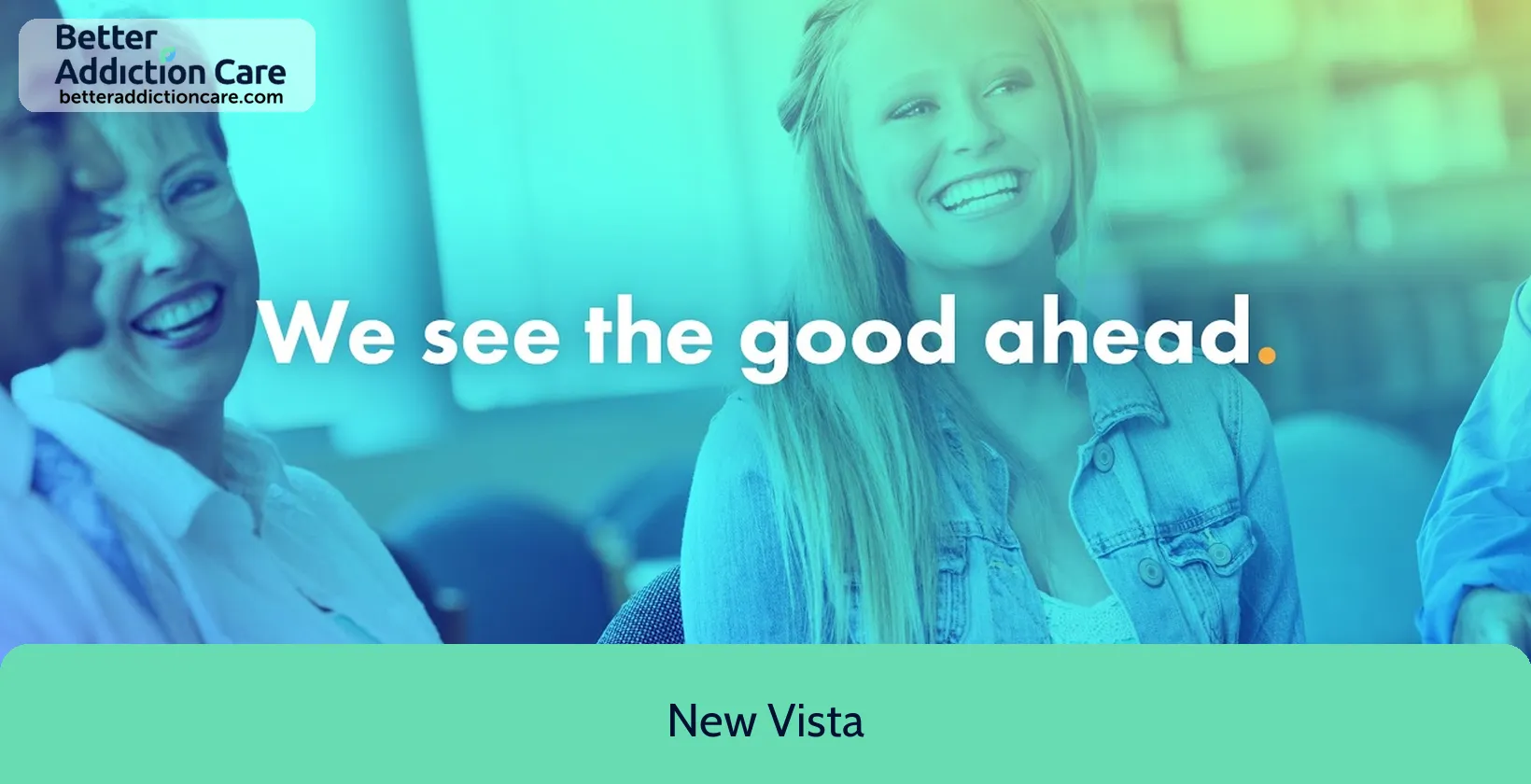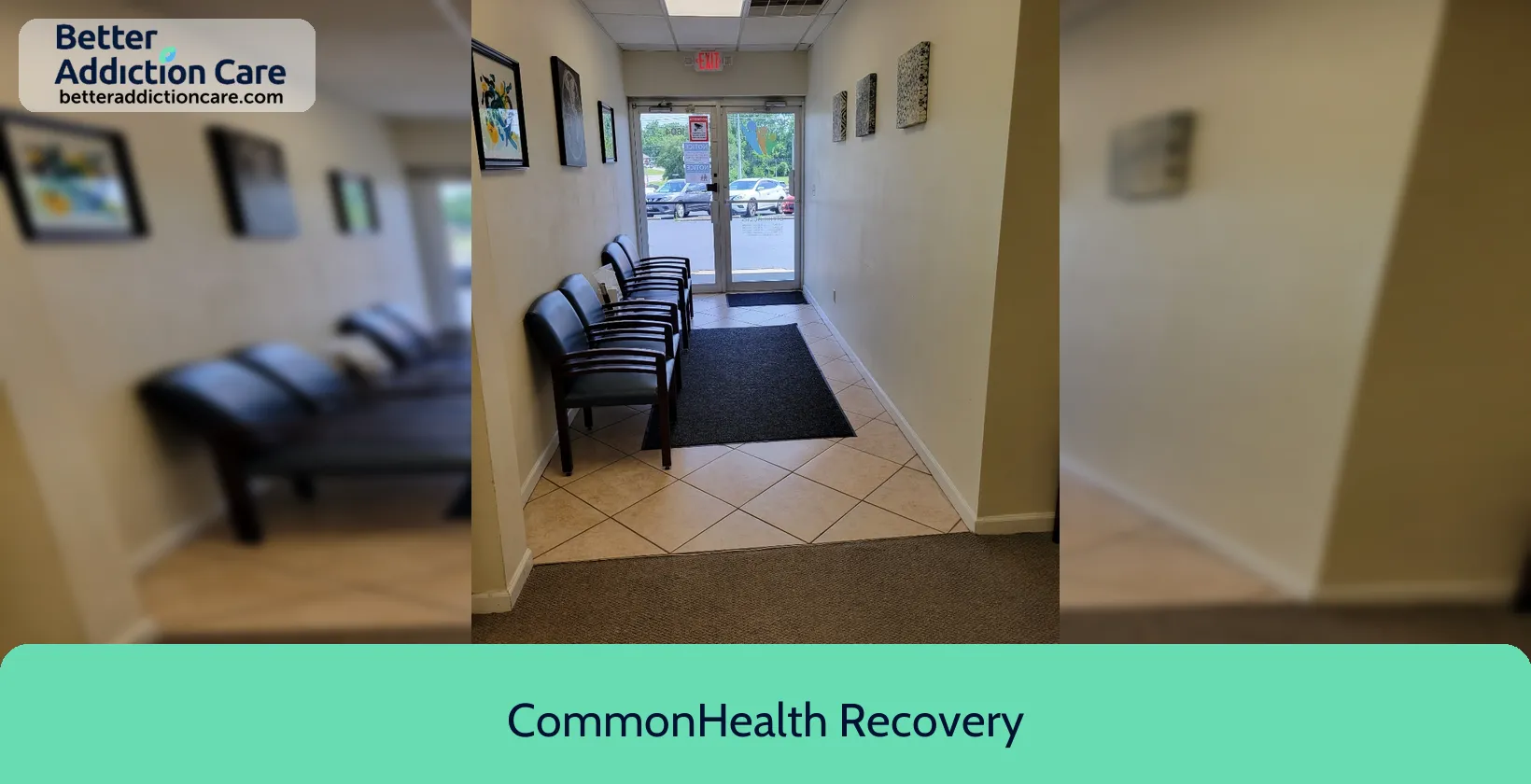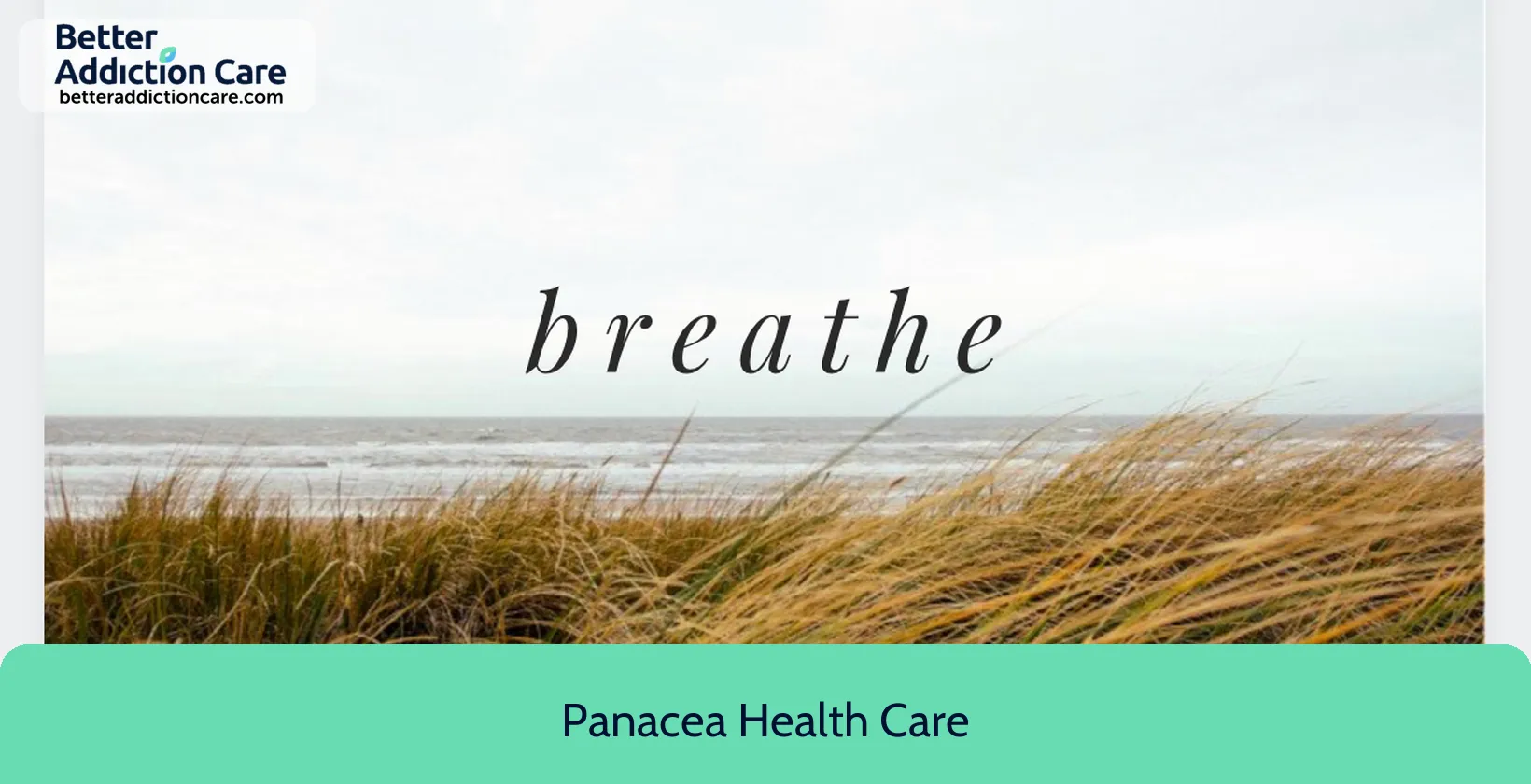Anew Alternative

Overview
Anew Alternative is a substance abuse treatment center for people seeking treatment near Franklin County. As part of their treatment modalities for recovery, Anew Alternative provides cognitive behavioral therapy, telemedicine/telehealth therapy, and substance use disorder counseling during treatment. Anew Alternative is located in Frankfort, Kentucky, accepting cash or self-payment for treatment.
Anew Alternative at a Glance
Payment Options
- Cash or self-payment
- Aetna
- Blue Cross and Blue Shield Association
- Cigna
- Humana
Assessments
- Comprehensive mental health assessment
- Comprehensive substance use assessment
- Screening for mental disorders
- Screening for substance use
Age Groups
- Seniors or older adults
- Young adults
- Adults
- Seniors
Ancillary Services
- Specially designed program for DUI/DWI clients
- Domestic violence services, including family or partner
Highlights About Anew Alternative
7.09/10
With an overall rating of 7.09/10, this facility has following balanced range of services. Alcohol Rehabilitation: 8.00/10, Drug Rehab and Detox: 6.00/10, Insurance and Payments: 6.67/10, Treatment Options: 7.70/10.-
Alcohol Rehabilitation 8.00
-
Treatment Options 7.70
-
Insurance and Payments 6.67
-
Drug Rehab and Detox 6.00
Accreditations
State mental health department:
State mental health department accreditation refers to the process of evaluating and certifying the quality and standards of a state's mental health department, ensuring that it provides high-quality services and meets specific criteria for mental health care. The accreditation process is performed by a third-party organization and helps to improve the overall care and treatment of individuals with mental health conditions.
State department of health:

Government agencies issue State Licenses, which grant rehabilitation organizations permission to conduct their operations lawfully within specific geographic regions. Licenses needed to operate are typically determined by the type of rehabilitation program offered by the facility and its physical location.
Treatment At Anew Alternative
Treatment Conditions
- Alcoholism
- Substance use treatment
Care Levels
- Outpatient
- Regular outpatient treatment
- Aftercare
Treatment Modalities
- Cognitive behavioral therapy
- Telemedicine/telehealth therapy
- Substance use disorder counseling
- Trauma-related counseling
- Treatment for gambling disorder
Ancillary Services
Languages
- Sign language services for the deaf and hard of hearing
- Spanish
Additional Services
- Pharmacotherapies administered during treatment
- Mentoring/peer support
- Breathalyzer or blood alcohol testing
Special Programs
- Clients with co-occurring mental and substance use disorders
- Veterans
- Active duty military
- Members of military families
- Criminal justice (other than DUI/DWI)/Forensic clients
Get Help Now
Common Questions About Anew Alternative
Contact Information
Other Facilities in Frankfort

6.85

7.22

6.99

7.31

7.39
DISCLAIMER: The facility name, logo and brand are the property and registered trademarks of Panacea Health Care, and are being used for identification and informational purposes only. Use of these names, logos and brands shall not imply endorsement. BetterAddictionCare.com is not affiliated with or sponsored by Panacea Health Care.
